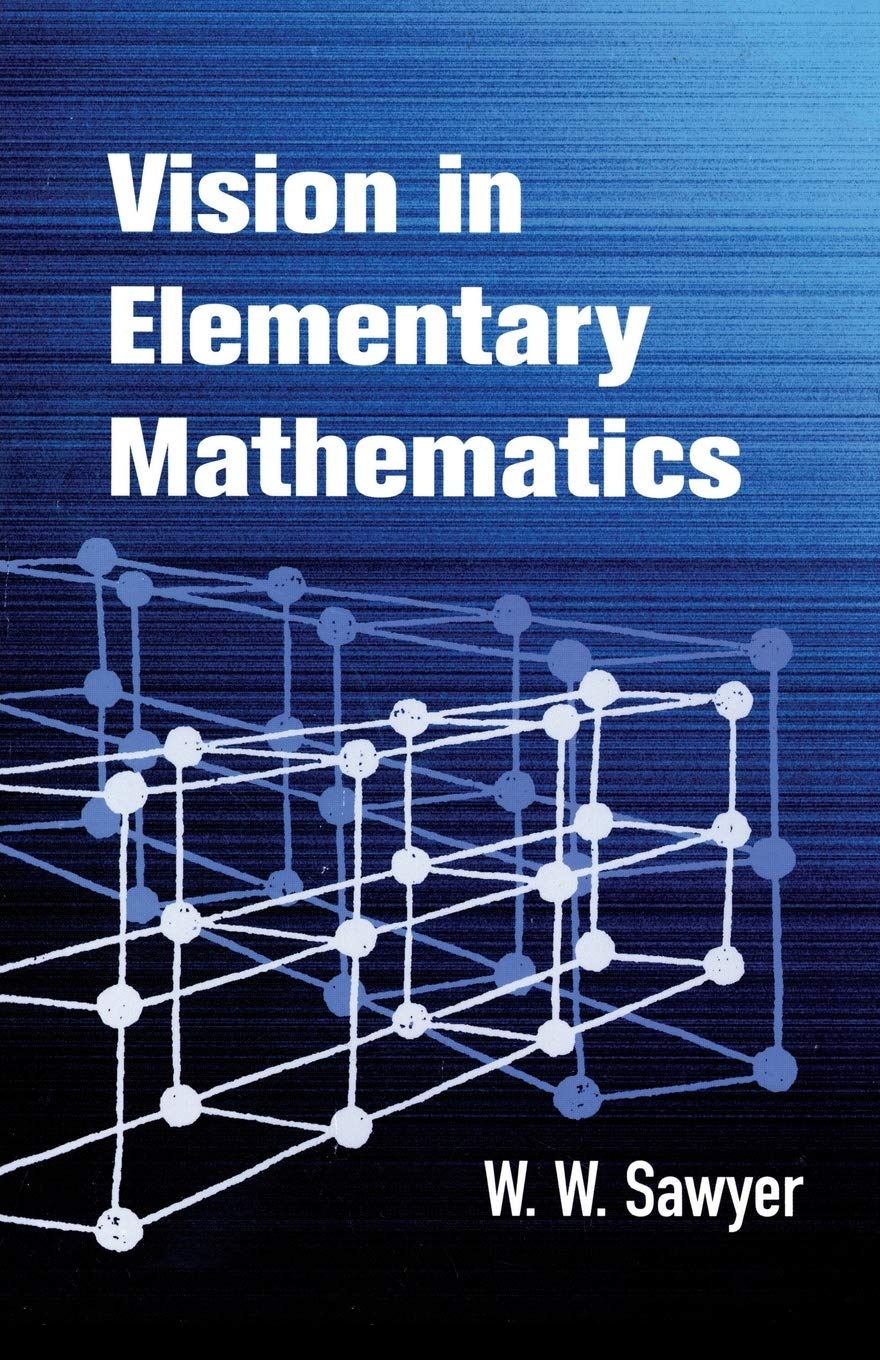http://www.amazon.com/Mapping-Music-Learning-Teachers-Studen...
which she has found very helpful.
As for mathematics, the subject I teach now, I have always cherished visual representations of mathematical concepts, for example those found in W. W. Sawyer's book Vision in Elementary Mathematics
http://www.amazon.com/Vision-Elementary-Mathematics-W-Sawyer...
http://www.marco-learningsystems.com/pages/sawyer/Vision_in_...
But other mathematicians who taught higher mathematics, for example Serge Lang, recommended memorizing some patterns of multiplying polynomials by oral recitation, just like reciting a poem.
http://www.amazon.com/Basic-Mathematics-Serge-Lang/dp/038796...
The acclaimed books on Calculus by Michael Spivak
http://www.amazon.com/Calculus-4th-Michael-Spivak/dp/0914098...
and Tom Apostol
http://www.amazon.com/Calculus-Vol-One-Variable-Introduction...
are acclaimed in large part because they use both well-chosen diagrams and meticulously rewritten words to deepen a student's acquaintance with calculus, related elementary calculus concepts to the more advanced concepts of real analysis.
Chinese-language textbooks about elementary mathematics for advanced learners, of which I have many at home, take care to introduce multiple representations of all mathematical concepts. The brilliant book Knowing and Teaching Elementary Mathematics: Teachers' Understanding of Fundamental Mathematics in China and the United States by Liping Ma
http://www.amazon.com/Knowing-Teaching-Elementary-Mathematic...
demonstrates with cogent examples just what a "profound understanding of fundamental mathematics" means, and how few American teachers have that understanding.
http://www.aft.org/pdfs/americaneducator/fall1999/amed1.pdf
http://www.ams.org/notices/199908/rev-howe.pdf
Elementary school teachers having a poor grasp of mathematics and thus not helping their pupils prepare for more advanced study of mathematics continues to be an ongoing problem in the United States.
http://www.ams.org/notices/200502/fea-kenschaft.pdf
In light of recent HN threads about Khan Academy,
http://news.ycombinator.com/item?id=2348476
http://news.ycombinator.com/item?id=2350430
I wonder what Khan Academy users who also have read the submitted blog post by Cal Newport think about how well students using Khan Academy as a learning tool can follow Newport's advice to gain insight into a subject. Is Khan Academy enough, or does it need to be supplemented with something else?


http://www.amazon.com/Vision-Elementary-Mathematics-W-Sawyer...
http://www.amazon.com/Learning-Gap-Schools-Japanese-Educatio...
http://www.amazon.com/Teaching-Gap-Improving-Education-Class...
http://www.amazon.com/Knowing-Teaching-Elementary-Mathematic...
you could learn something new that could help you better understand the other countries in the world and what the United States might learn from them.